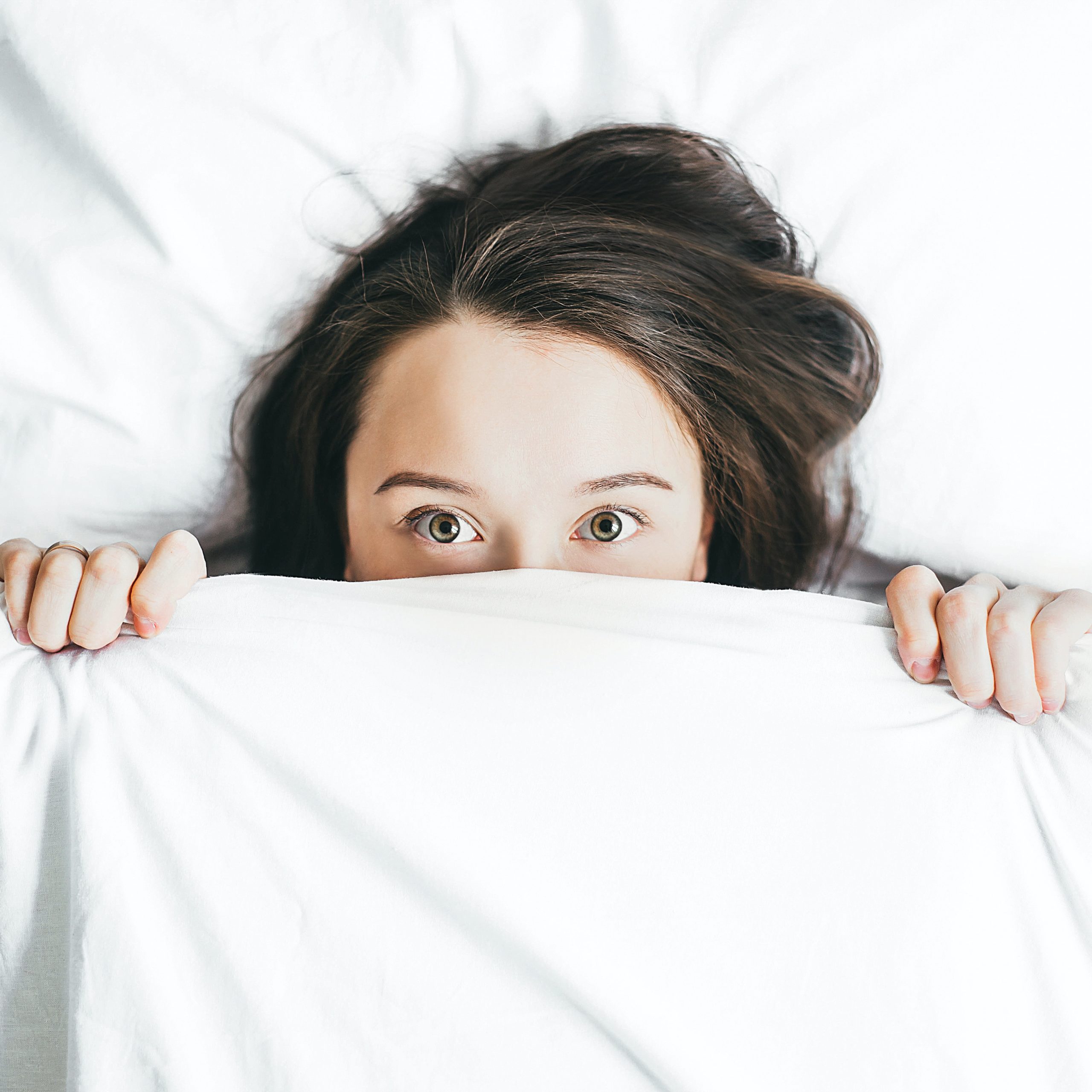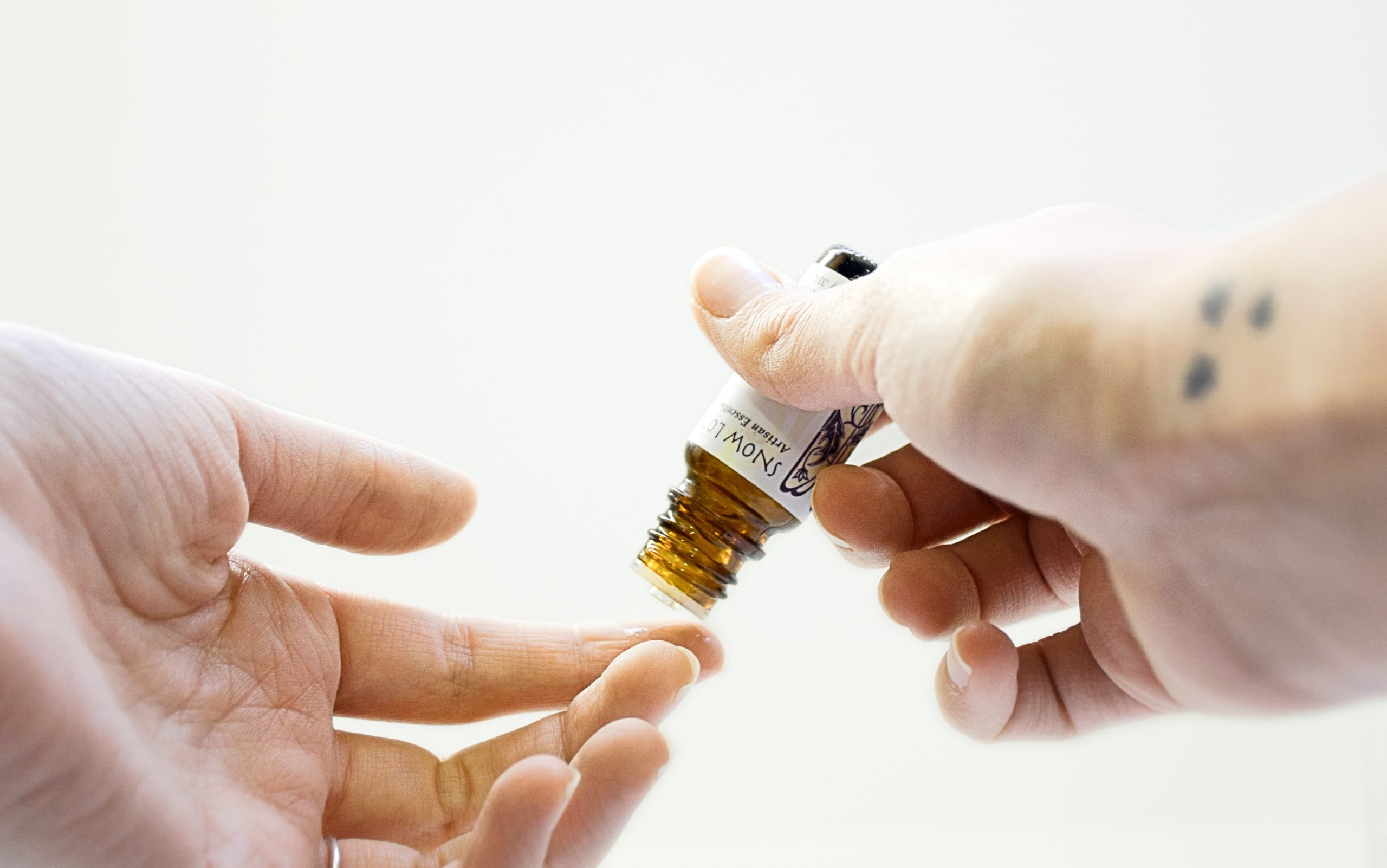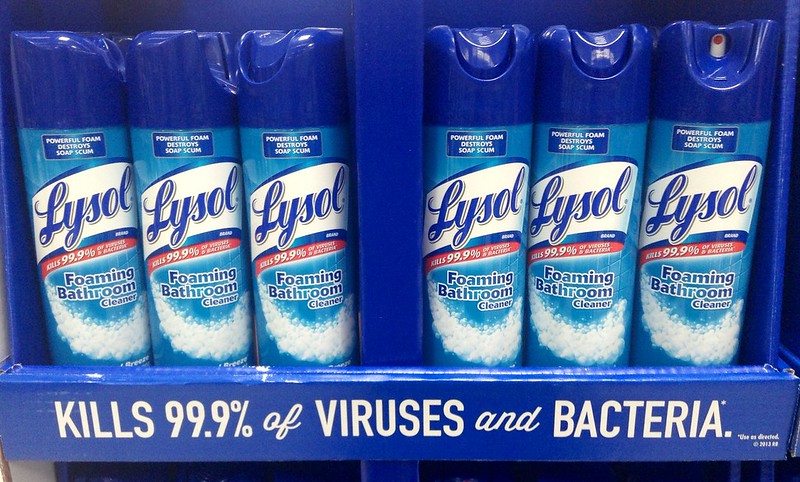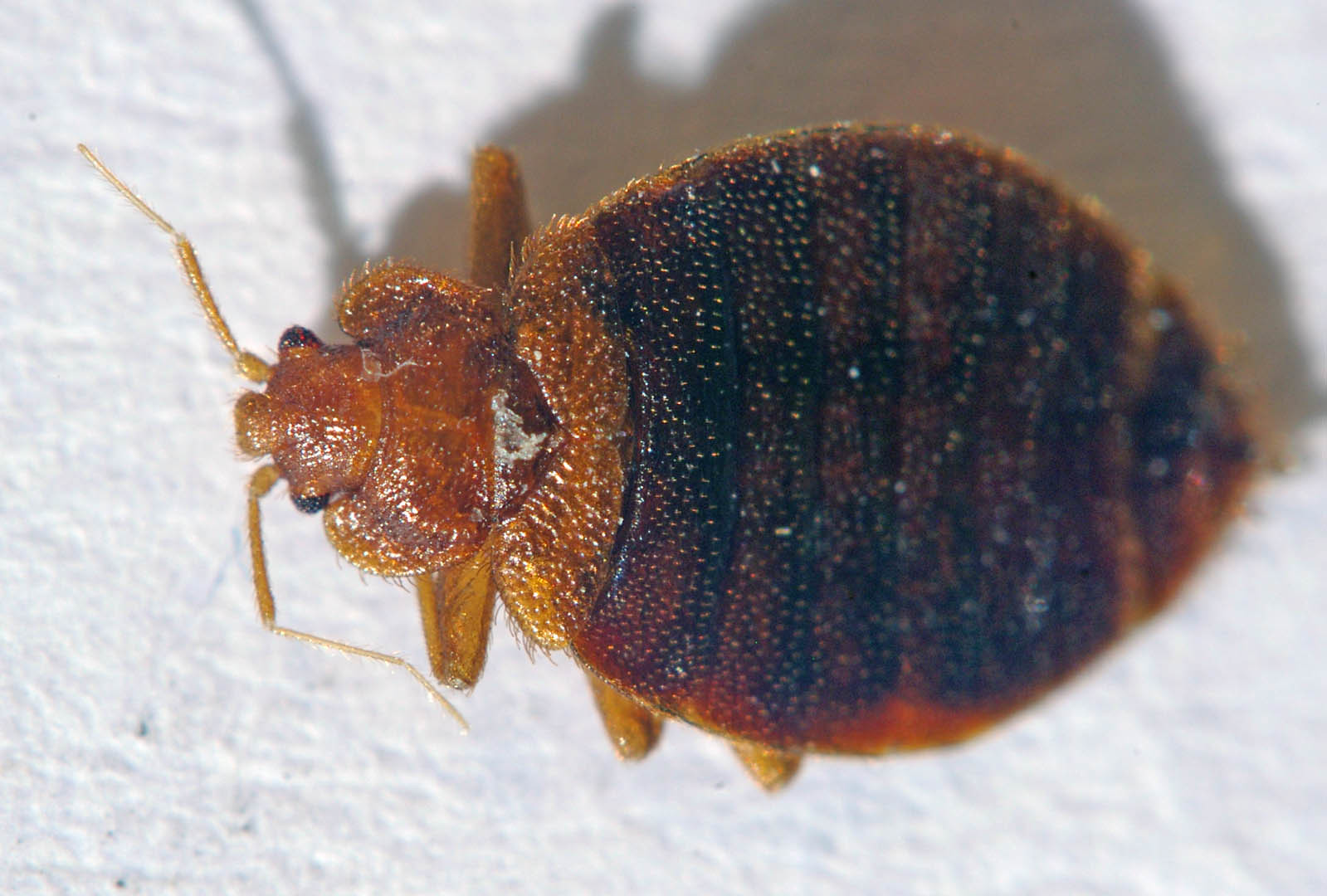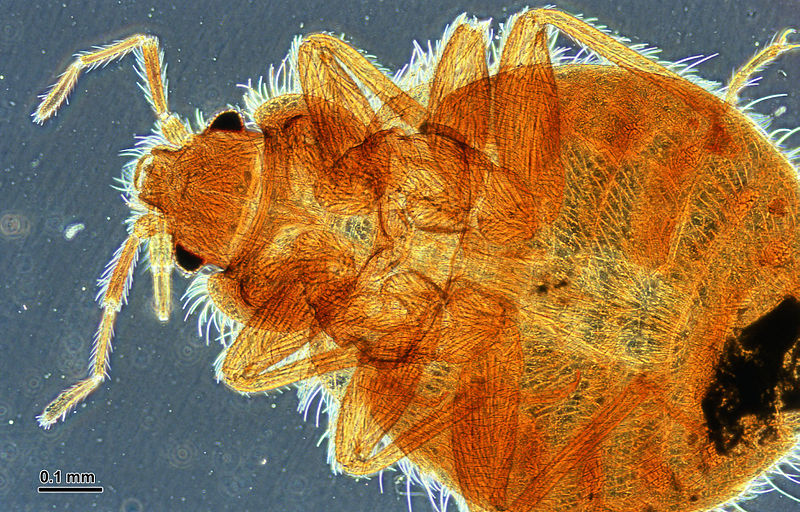Bed Bugs
(Cimex lectularius)
Many of us first become aware of bed bugs as children, with the popular nighttime saying, “sleep tight, don’t let the beg bugs bite.” Most nights the bed bugs didn’t bite — but that doesn’t mean they aren’t a real threat. Millions of infestations happen every year, and the rate seems to be growing. They reproduce quickly, and ceaselessly, and they can hitch a ride home with you from nearly anywhere with you none the wiser.
Bed bugs are a serious pest with public health risks, and as such, many areas have enacted legislation that requires treatment that adheres to strict protocols. Due to the difficulty of eradication, and lack of effectiveness for most DIY treatments, most infestations need to be professionally handled.
The good news is that an infestation is easy to spot; but the bad news is that most people find out because they’ve got bites. Bed bugs feed on human blood and settle no more than a few feet away from their meal, making beds their primary location.




